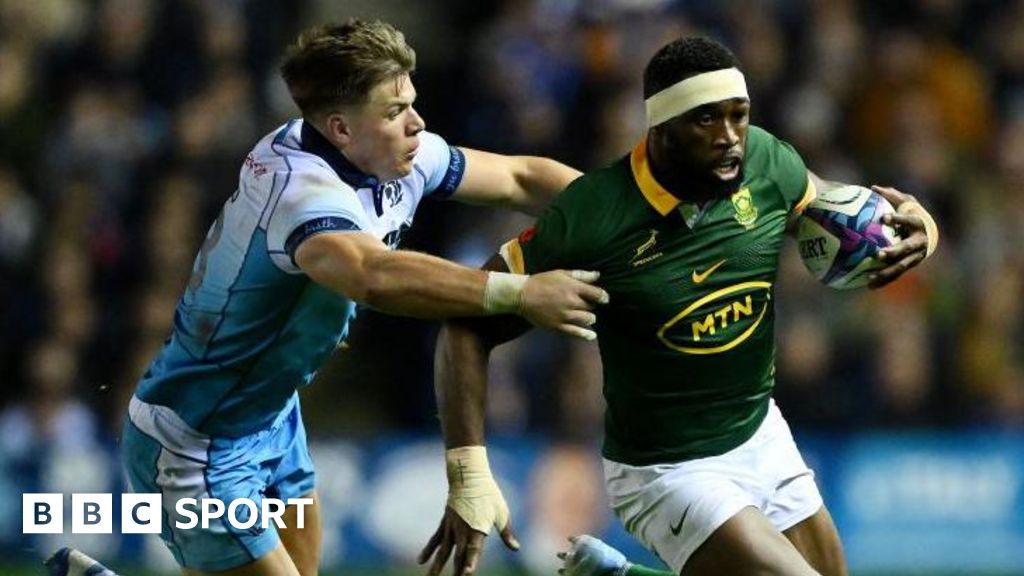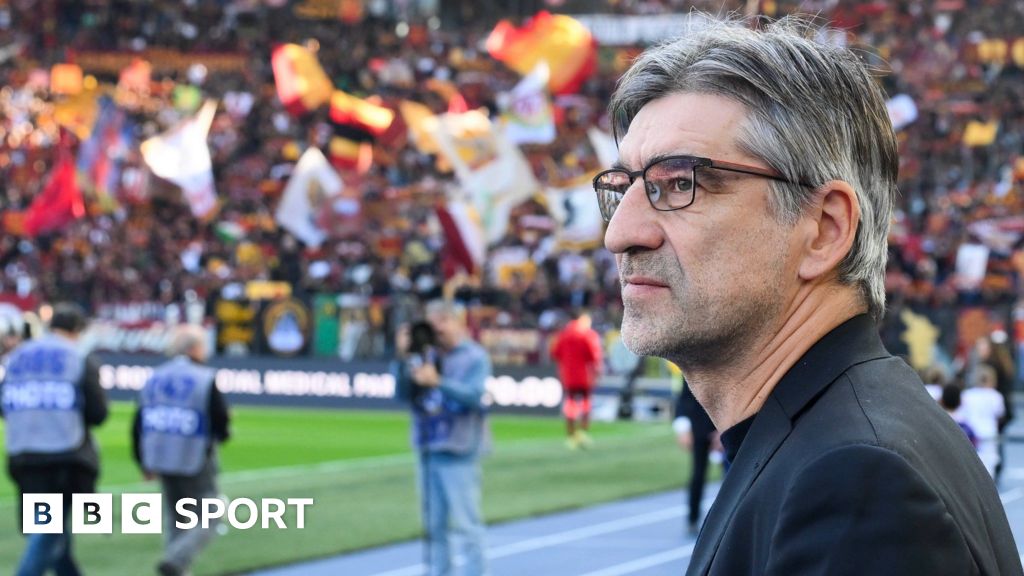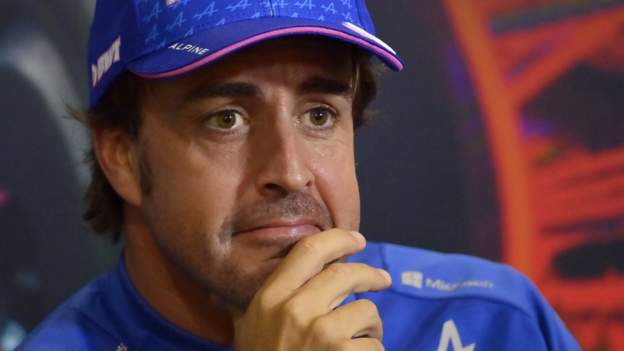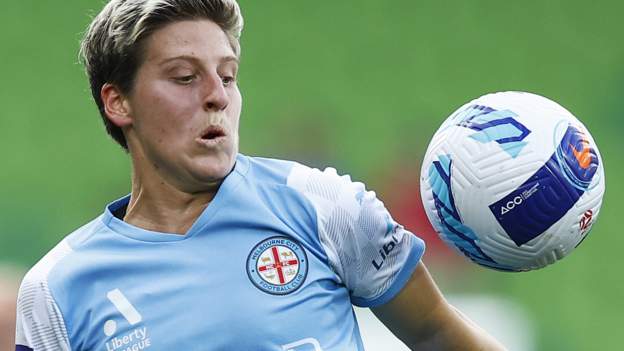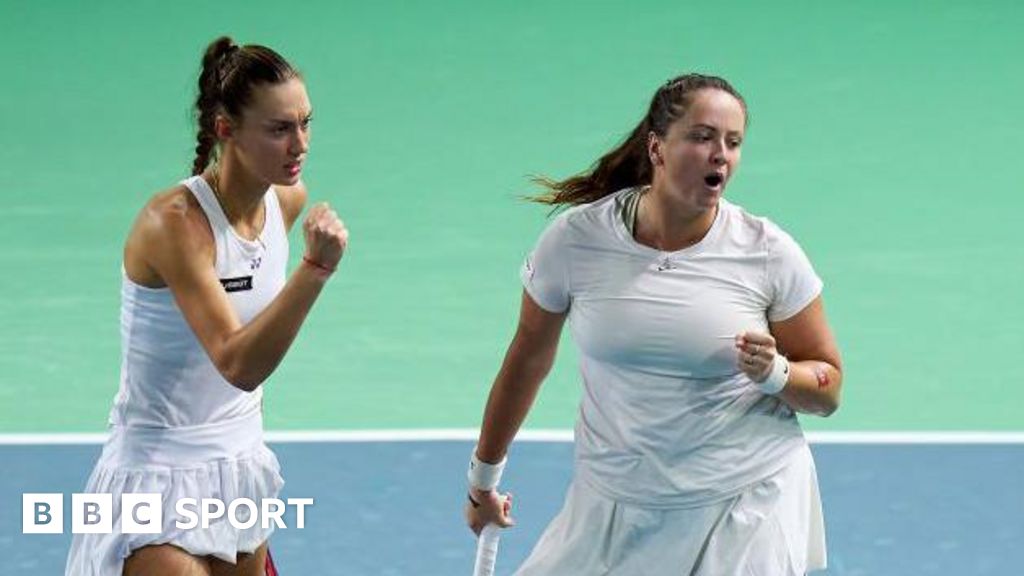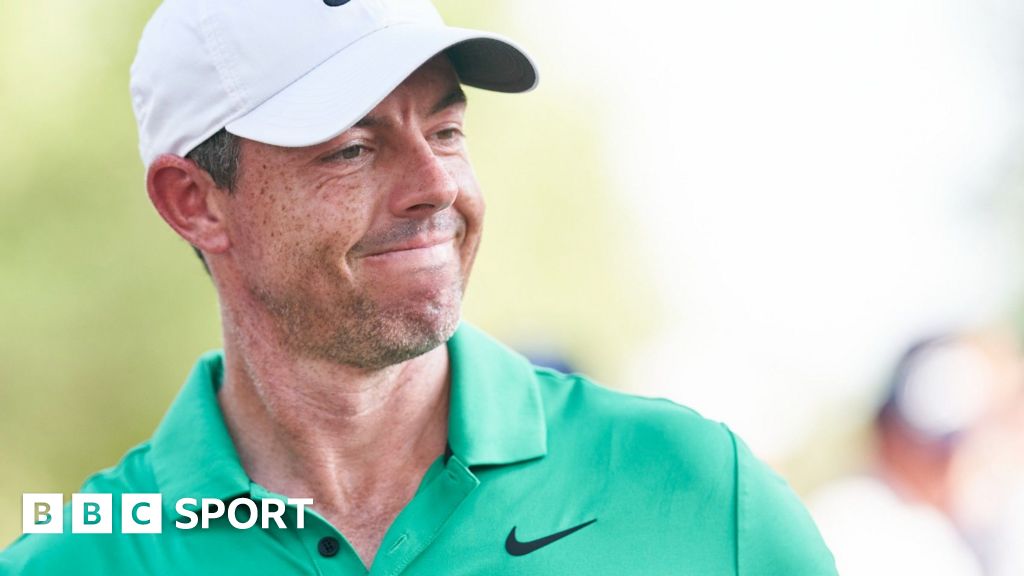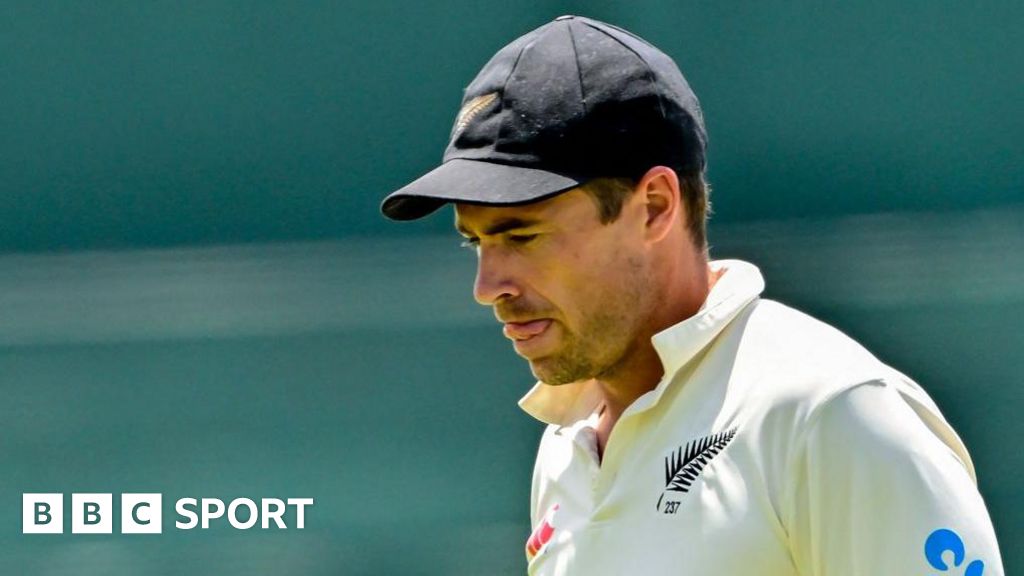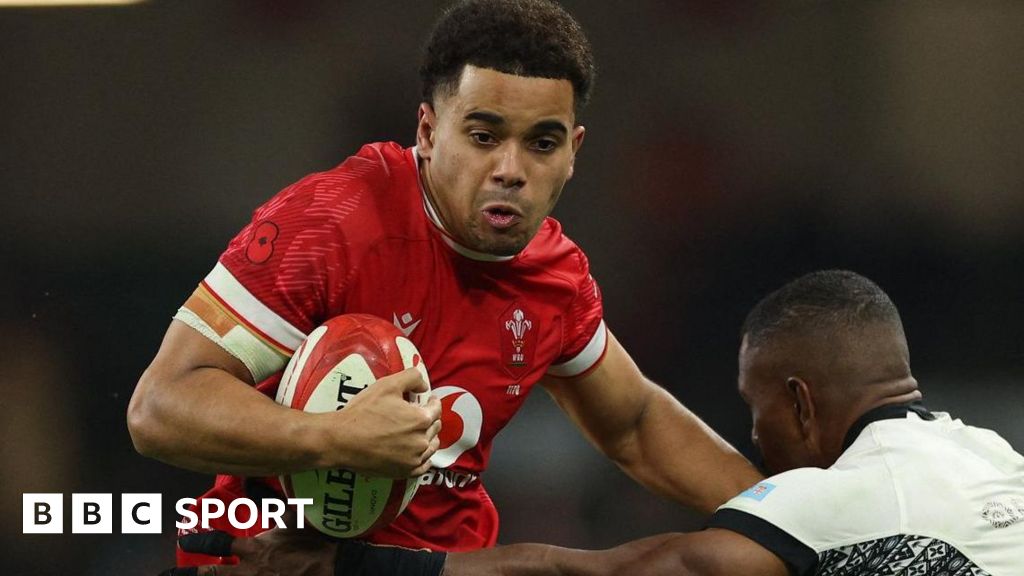Fernando Alonso will be “challenging” for Aston Martin when he joins them next year, says team boss Mike Krack.
The two-time champion is joining Aston Martin from Alpine, who would not offer him the terms he wanted to stay on.
Krack said: “He can push us, more than a driver who does not have that calibre. It will maybe be much more difficult than it is now.
“We discussed this. We said: ‘What are the pros and cons?’ And we came to the conclusion that it is the right step.”
Alonso is a legendary figure in Formula 1, and at 41 is still regarded as one of the sport’s finest drivers.
But he is also known to be someone who demands a lot from his teams.
The Spaniard will replace four-time world champion Sebastian Vettel, who is retiring from F1 at the end of the season, at a team that lies ninth of 10 in the constructors’ championship. Alpine are fourth, with six races of the 2022 season remaining.
In an exclusive interview, Krack told BBC Sport that Alonso was Aston Martin’s number one candidate to replace Vettel because of his “speed – you know where the car is; that’s the first thing”.
But he admitted: “It will be challenging for us.”
Krack said: “Normally, drivers with this experience, they do not have this desire to win. Normally, this desire goes down, especially if they have won already.
“Fernando has this unique combination of speed, hunger, motivation and experience. For us, it makes the perfect candidate.
“The downside could be that if the car we deliver is just not good enough, then we know it gets difficult. But it gets difficult with every driver if the car is not fast enough.
“We think having someone like Fernando is really, really important to make the next step as a team.
“You need to learn to manage champions, which we already did with Sebastian. Because these drivers are very demanding, they are quite difficult to manage. I would not even say Sebastian is that difficult to manage if you are transparent, honest and straight. And I think the same goes for Fernando.
“Difficulties arise when expectation does not match deliverables, or when it’s not outspoken.
“He knows very well when he comes here that we will probably not win the first race together.
“But he can be assured we give it everything and we will listen to what he has to say. And if we cannot deliver on something we have to tell him, open and transparently: ‘Look, this we cannot do. With all possibilities, this is what we can do next.’
“I think if we have this kind of dialogue, it is not going to be problematic.”
Conceptual errors and growing pains
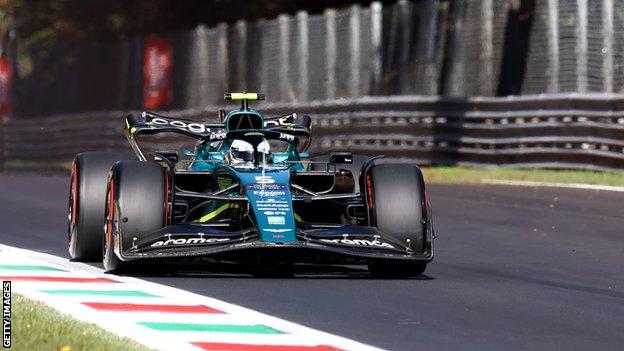
Aston Martin have had a disappointing season.
At the start of the 2021 season, team owner Lawrence Stroll – a Canadian billionaire – set them a target of being capable of winning by 2025.
But after finishing fourth in their previous guise as Racing Point in 2020, they have slumped to seventh and now ninth in the past two seasons.
Stroll has funded a new factory, which is due to start coming on stream early next year, and launched a recruitment drive, including signing former Red Bull head of aerodynamics Dan Fallows as technical director.
The 2023 car will be the first Aston Martin designed under Fallows’ leadership.
Krack, who joined as team principal in February, said Aston Martin’s growth plan in combination with the massive overhaul of technical regulations for this season “was maybe a little bit more than we could digest at the time”.
He said Aston Martin’s performance this year was a result of a combination of factors.
The key ones were: they started this year with an aerodynamic concept which they were unable to maximise because it suffered from an instability called porpoising – a phenomenon that has affected many of the teams; and Aston Martin had tried to grow too quickly following Stroll’s increase of the team’s budget.
“We have a small structure that was relying on a few people where you put a lot of financial resources in and you grow very fast. And if you grow very fast, the whole structure cannot adapt so quickly,” Krack said.
“Normally you reduce the efficiency if you grow too quickly and this is something that has happened.
“The [car] concept that was decided was a direction that offered ultimately very high aerodynamic potential but due to porpoising it could never be exploited.”
That forced Aston Martin to abandon their first aerodynamic concept and switch to another one – similar to that chosen by runaway championship leaders Red Bull.
Aston Martin have since made progress – their car had been on an upward performance trend until a blip at the last race in Italy.
“The reason we are improving is we have identified the technical weaknesses of the car and we worked hard on eliminating them and one after the other, some in parallel,” Krack said.
“One is car weight, one is feedback to the drivers, and one is aerodynamic performance and we improved all areas and we continue to improve them.
“The rate of change and the developments we have taken to this point give me good confidence that we can continue this to the end of this season.”
Owner Stroll ‘is realistic’
Krack admitted Stroll was “very demanding” and that his investment caused “pressure”.
But he said: “The financial means he has put into this team give him the right to be demanding. But he is not over-pressurising us.
“He is around once a week or something like that, and wants to know what is going on, what are the next steps, why have we performed the way we did, what do we do next, and what is our strategy? And then after two hours he has other things to do. It is not that he comes in and decides every single item, not at all.
“It is justified to give your chairman an update every week at least. There are also phone calls in between but they are more like catch-ups.
“But, bottom line, I admire his patience, honestly. Because success has not come the way he wanted it from the beginning, and the patience he has shown shows he is realistic and understands what he is doing.”
Krack, who joined Aston Martin after successful periods in the motorsport departments of BMW and Porsche, said his job so far had been to guide the team into adapting to its new circumstances.
He said: “When you have a cash injection, the thinking normally is: ‘We want to do more and more and more.’ And sometimes the difficult bit is to say: ‘Stop, we wait with this, and we focus only on this point until we have solved it.’ The difficult bit is not to say: ‘Yes we do it.’
“There is always this saying – I throw you three balls, how many will you catch? Probably none. But if I throw one, there is a high chance you catch it. And this is the thing – focus on one item, and take the next item when one is done.
“We need to deliver the improvements. And at the end of year four, or in the middle of year five, if you can see clear progress, it is not important if you have won three races or two races or 10.
“The most important is you see the path and then you have to adjust along the way.”








